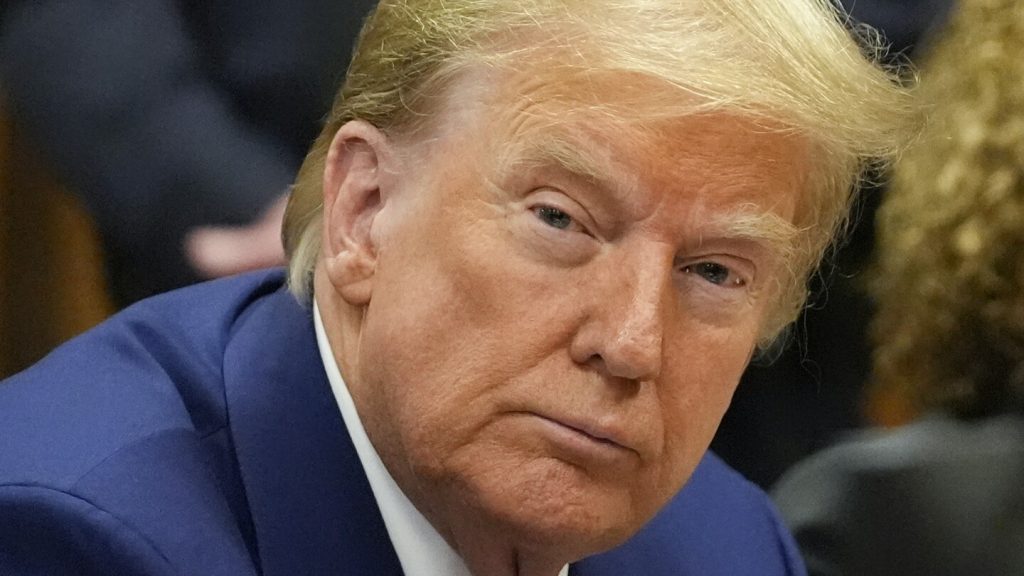Jury selection for former President Donald Trump’s hush money case is set to begin among a pool of Manhattan residents. This trial marks the first in a series of criminal prosecutions against Trump, presenting a historic challenge for the court, lawyers, and potential jurors. The process of selecting an impartial jury is complicated by the unique circumstances surrounding Trump as a polarizing figure in American public life. The prosecution must navigate the challenge of finding individuals who can set aside personal biases and make decisions based on evidence and the law without interference from Trump’s social media presence or his large support base.
Despite the difficulties in selecting a jury for such a high-profile case, experts believe that finding impartial jurors is not impossible. Psychology professor Margaret Bull Kovera states that there are individuals who can objectively evaluate the law and evidence presented in the case. The judge and attorneys involved in the trial are tasked with identifying these individuals who can make fair and impartial decisions. Trump has pleaded not guilty to charges related to hiding payments to conceal claims of extramarital affairs during his 2016 campaign. He maintains his innocence and views the case as politically motivated to sabotage his current run for office.
The trial in Manhattan poses unique challenges due to Trump’s long history in the city as a prominent real estate developer and public figure. The process of selecting a jury involves questioning prospective jurors about their backgrounds, beliefs, and potential biases. The judge has restricted the lawyers from asking about specific political affiliations, voting choices, or party registrations. Instead, questions focus on determining if any jurors have strong opinions or beliefs that would prevent them from being impartial in the case. The defense has raised objections to certain questions, arguing that they may unfairly target individuals affiliated with the Republican Party.
The selection of 12 jurors and six alternates is a strategic process for both the prosecution and defense. Each side aims to select jurors who are likely to be impartial and will not influence the outcome of the trial. Concerns about stealth jurors or individuals with hidden motives add complexity to the selection process. To protect the anonymity of jurors and prevent potential intimidation, their identities will be shielded from the public, Trump, and their legal teams. This measure aims to ensure a fair trial without external pressure or influence on the jurors’ decisions.
Previous high-profile cases, such as writer E. Jean Carroll’s civil suits against Trump, have involved similar challenges in selecting impartial jurors. Despite efforts to maintain privacy and shield jurors from outside influences, concerns about juror intimidation and online attention persist. In Carroll’s cases, jurors were transported through an underground garage and kept anonymous to prevent outside interference. The success of these measures in ensuring a fair trial raises hopes for a similar outcome in Trump’s hush money case. The upcoming trial is expected to be closely watched, given the significance of a former president being judged by a jury of everyday citizens in a criminal case.


